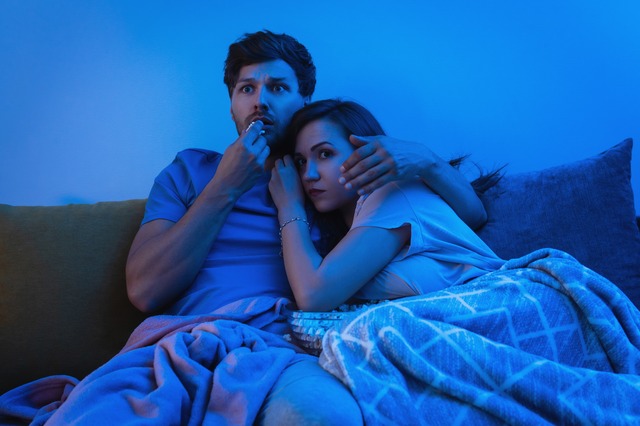In the ongoing conversation about understanding human emotions and responses, the subject of fear remains universal. Fear, as an emotion, is not exclusive to any gender, race, or age. However, the manner in which different individuals, especially men, express and rationalize their fears can be distinct, influenced by a blend of societal conditioning, personal experiences, and innate behavioral traits.

1. Societal expectations and masculinity:
One of the most significant factors that shape how men relate to their fears is the societal construct of masculinity. From an early age, many men are taught to equate vulnerability with weakness. Phrases like “man up” or “boys don’t cry” perpetuate the idea that expressing fear or apprehension is unmanly. As a result, instead of acknowledging their fears outright, men often resort to justifying them to fit within the acceptable bounds of masculinity.
2. The protective instinct:
Many men are conditioned to see themselves as protectors – of their families, partners, and even their ego. This protective instinct can lead them to justify their fears as a form of vigilance. For instance, a man might downplay his fear of losing a job by stating it’s only because he’s concerned about providing for his family, even if the fear is deeply personal and tied to his self-worth.
3. Fear of emotional exposure:
Opening up about fears can be equated with emotional exposure. Many men have a deep-seated apprehension about being seen as emotionally naked, leading them to mask or justify their fears. They might deflect genuine concerns about health by blaming external factors or minimize personal anxieties by attributing them to broader societal issues.
4. The drive to problem-solve:
Men are often socialized to be problem-solvers. Admitting to a fear, especially if it’s an intangible one like fear of failure or rejection, can feel paralyzing. To counteract this sense of helplessness, many men will rationalize their fears in terms of challenges to be overcome, translating emotional concerns into tangible problems with potential solutions.
5. Historical baggage and traumatic events:
Past experiences play a pivotal role in shaping current fears. A man who has faced betrayal in the past might harbor fears of trust in a new relationship. Instead of acknowledging this fear, he might justify his apprehensions by pointing out minor flaws or inconsistencies in his partner’s behavior, using them as a scapegoat for deeper, unaddressed traumas.
6. Peer dynamics:
The company men keep can significantly influence how they view and express their fears. In environments where emotional openness is ridiculed or dismissed, men might twist their fears into more “acceptable” narratives. For instance, a fear of inadequacy might be masked under the guise of competitive spirit or ambition.
7. Evolutionary impulses:
While societal conditioning plays a massive role in shaping responses, one cannot entirely dismiss evolutionary aspects. Historically, males have been the hunters, the warriors – roles that required suppression of fear for survival. While modern men aren’t facing the same threats, remnants of this evolutionary programming might still influence their need to justify or downplay their fears.
8. The link to mental health:
The consistent need to justify fears can take a toll on mental health. When fears aren’t acknowledged and addressed authentically, they can fester, leading to anxiety, depression, and other mental health issues. The stigma associated with mental health concerns in many cultures only exacerbates this, making men even more determined to rationalize their fears instead of seeking help.
9. Shifting paradigms: the changing face of masculinity:
As society evolves and the rigid constructs of traditional masculinity are challenged, there’s hope that men will find it easier to express their fears without the compulsion to justify them. Embracing a more holistic understanding of masculinity, one that allows for vulnerability and emotional expression, is pivotal.
Conclusion:
Men, like all humans, are intricate beings with a complex interplay of emotions. The way they interact with their fears, often justifying them due to a myriad of reasons, highlights the need for more open conversations about male vulnerability.
Creating environments where men can express their fears without judgment, where they’re not bound by stifling stereotypes, and where they can seek help when needed is essential. Only by acknowledging that fears, in all their forms, are a natural part of the human experience can society truly pave the way for more authentic emotional expression and understanding.